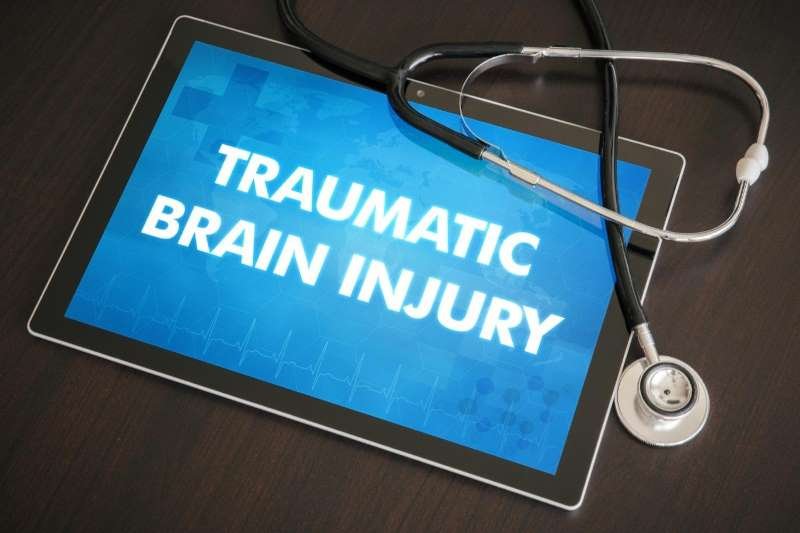 Traumatic brain injuries can be debilitating to those that experience them. In 2014, around 2.87 million visits to the hospital were related to traumatic brain injuries.
Traumatic brain injuries can be debilitating to those that experience them. In 2014, around 2.87 million visits to the hospital were related to traumatic brain injuries.
The way in which we recover from them can take time and patience. In this article, we will explain recovery and understanding traumatic brain injury. Read on to learn more.
Traumatic Brain Injury Recovery
Traumatic brain injuries that are severe will usually need some form of rehabilitation. This will depend on the extent of the injuries that a person has received. It may be that they have to relearn some of their normal daily functions such as walking, eating, and talking.
This can cause a lot of distress and anxiety for loved ones who might not feel as if they are medically qualified or up to the task of aiding recovery. This is why it can be important to consider a TBI rehabilitation facility that has all the tools and staff required to help with a patient’s recovery.
TBI rehabilitation facilities can aid people with speech and language therapy, cognitive, and vision therapy.
It involves a combination of physiological and physical therapy so that the mind and body are both able to repair and focus on getting better.
With traumatic brain injuries, the patient’s needs and the extent of their injuries will vary greatly. This is why it’s important to have a facility that has a wide array of treatment options and therapies
Caring for a Traumatic Brain Injury at Home
Once your loved one is at home or settled in a safe environment certain changes will need to be made in order for them to be comfortable. If you don’t allow time for the brain to heal or recovery, you can end up making the symptoms worse.
Rest and a decent amount of sleep are so important when it comes to the healing of traumatic brain injuries. This includes rest during the day as well as the evening. No heavy lifting or difficult tasks should be attempted either and certainly nothing that could put them at risk of receiving another head injury.
Your loved one shouldn’t try and overstimulate their brain so they should only attempt to do one activity at a time to avoid any confusion or overloading of the memory functions.
They should avoid all alcohol and drugs unless approved by a medical professional. Anything drunk or taken to excess could hinder or delay their chances of recovery.
Any important decisions or lifestyle changes should be talked about with their close circle of family and friends before implementing them.
It’s critical that they’re protected from anyone that could take advantage of them or be at risk of financial abuse. People with traumatic brain injuries can suffer from lapses in judgment.
Understanding Traumatic Brain Injury: What Next?
We hope this article on understanding traumatic brain injury has given you a good indication of what steps to take if faced with this scenario.
It’s essential that your loved one receives the best possible care and treatment in order to make a full recovery.
If you enjoyed this article, check out our other blog posts!




